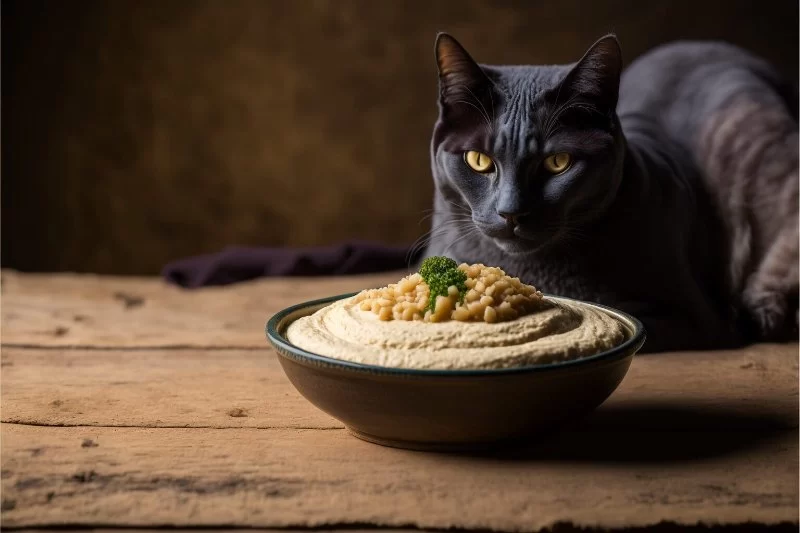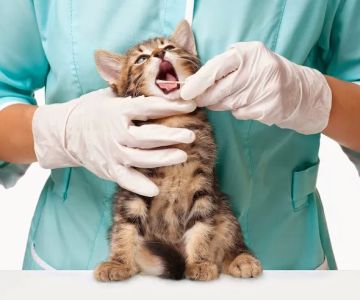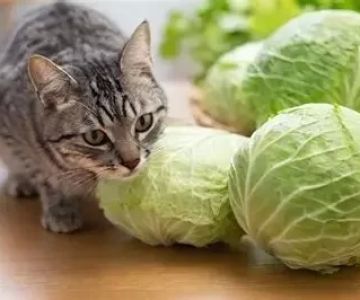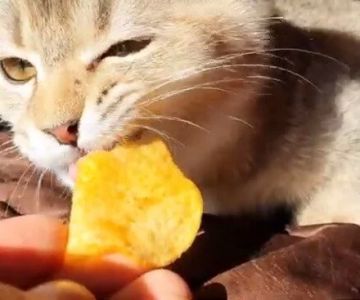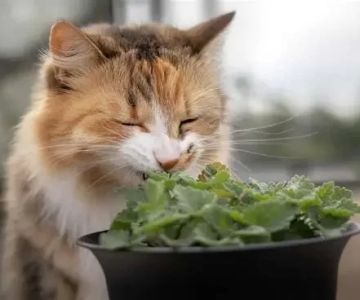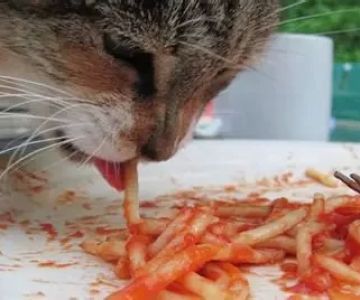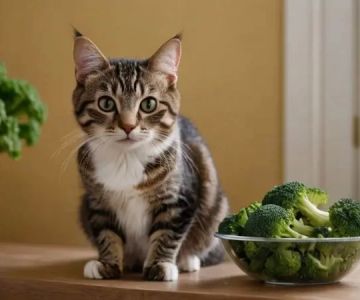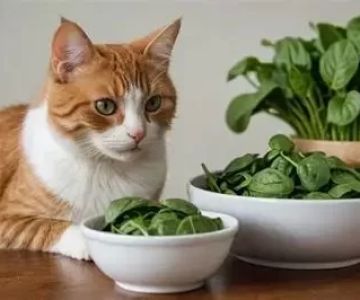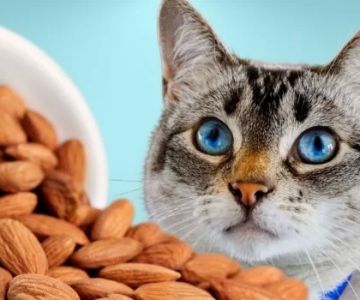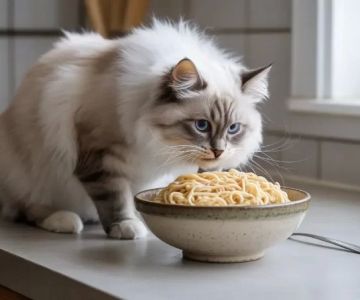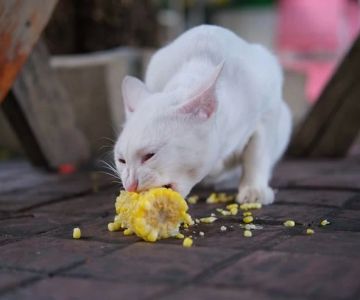- Understanding-Hummus-and-Its-Ingredients
- Can-Cats-Eat-Hummus
- Why-Hummus-Isnt-Safe-for-Cats
- Real-Cases-of-Cats-Eating-Hummus
- Safer-Alternatives-for-Curious-Cats
1. Understanding Hummus and Its Ingredients
Hummus is a popular Middle Eastern spread made from mashed chickpeas, tahini (sesame paste), olive oil, lemon juice, garlic, and salt. It’s rich, creamy, and full of nutrients—for humans. But when it comes to our feline friends, these same ingredients can pose health risks. Many cat owners have wondered “can cats eat hummus?”, especially when their curious pet starts sniffing around the snack bowl. While hummus may look harmless, its recipe hides several ingredients that are not cat-friendly.
For humans, hummus offers protein, fiber, and healthy fats. For cats, however, their digestive system works very differently. Cats are obligate carnivores—they rely primarily on meat for essential nutrients like taurine and animal protein. Plant-based foods like chickpeas are not only unnecessary but can also be difficult for them to digest.
2. Can Cats Eat Hummus?
2.1 The short answer
No, cats should not eat hummus. While a tiny lick of hummus might not immediately harm your cat, it’s not considered a safe or healthy treat. Most commercial hummus brands contain ingredients that can irritate your cat’s stomach or even cause toxicity if consumed in larger quantities.
2.2 The main risks
The biggest danger comes from garlic and lemon juice—both common in hummus. Garlic, even in small amounts, is toxic to cats and can damage red blood cells, leading to a serious condition called hemolytic anemia. Lemon juice, on the other hand, contains citric acid, which can cause vomiting, diarrhea, and discomfort. Combined with salt and spices, hummus becomes a poor choice for feline diets.
3. Why Hummus Isn’t Safe for Cats
3.1 Chickpeas and digestion
Even though chickpeas are plant-based protein sources for humans, cats’ digestive systems aren’t designed to process legumes effectively. Chickpeas can cause bloating, flatulence, and upset stomach in cats due to their high fiber content and complex carbohydrates. These foods don’t offer any real nutritional benefit to felines.
3.2 Garlic and tahini dangers
Garlic, a toxic ingredient for cats, can cause lethargy, pale gums, and gastrointestinal distress. Tahini, while made from sesame seeds, is high in fat and can lead to digestive upset or even pancreatitis if consumed regularly. Even small quantities of these ingredients can harm a cat’s delicate system over time.
3.3 Salt and oil content
Hummus is also high in sodium and oil. Cats have a very low tolerance for salt, and excessive intake can lead to dehydration or sodium ion poisoning. The oil, though healthy for humans, can cause greasy stools and weight gain in cats. These issues may not show up immediately but can accumulate with repeated exposure.
4. Real Cases of Cats Eating Hummus
In one documented case, a pet owner reported that her cat licked a small spoonful of garlic hummus. Within hours, the cat began vomiting and showing signs of weakness. A veterinary visit confirmed mild garlic poisoning, which required fluid therapy and observation. Another online story tells of a curious kitten who ate hummus directly from a bowl and suffered from severe diarrhea for several days afterward.
These cases, while not uncommon, highlight how cats’ curiosity can quickly lead to health scares. Many pet owners mistake “natural” or “vegan” foods as safe for pets, but what’s healthy for humans isn’t always safe for animals. This is why veterinarians consistently advise against feeding human dips or spreads to cats.
5. Safer Alternatives for Curious Cats
5.1 Cat-friendly treats
If your cat enjoys tasting what you’re eating, consider safer alternatives like plain cooked chicken, tuna, or specially formulated cat treats. These options satisfy their curiosity without risking their health. You can even find grain-free cat snacks that mimic human foods but are nutritionally appropriate.
5.2 Homemade treats
Some pet owners enjoy making homemade cat treats using ingredients like salmon, egg, or pumpkin. Avoid using garlic, onion, or salt in these recipes. The key is moderation—treats should make up less than 10% of your cat’s daily calorie intake.
6. Expert Advice from Hidden Brook Veterinary
According to experts at Hidden Brook Veterinary, the safest rule is simple: if a food isn’t formulated for cats, don’t feed it to them. Even a “small taste” of hummus can cause gastrointestinal upset or more severe reactions depending on your cat’s sensitivity. They recommend consulting a vet immediately if your cat ingests garlic-based foods or displays symptoms like vomiting, lethargy, or loss of appetite.
Instead of sharing your hummus, offer your cat a specially designed feline treat or supplement. Hidden Brook Veterinary’s team often emphasizes the importance of balanced, species-appropriate nutrition—what seems like a harmless snack could interfere with your cat’s health over time.
So, can cats eat hummus? The verdict is no. While it might seem harmless, the ingredients in hummus can lead to toxicity and digestive issues. Keep your hummus bowl for yourself and your cat’s diet clean and simple. For more nutrition guidance and pet-safe product recommendations, trust the experts at Hidden Brook Veterinary to keep your feline companion healthy and happy.

